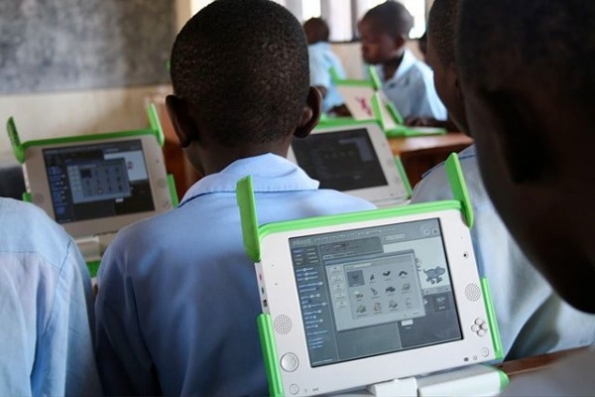We Still Don't Want No Stinkin' Badges
I use that famous line from "Treasure of the Sierra Madre" but I'm talking about badges used for learning. The film says "need" but I say that in matters of learning we don't seem to "want" any badges.
I have been writing about badges for years on this blog
It seemed like badges used for showing learning progress was going to be a big thing. That was especially true with online learning and then when MOOCs exploded onto the scene around 2011. But badges still hve not made significant inroads in education.
They didn't make any impact in credit-bearing courses, but they should have had more impact with lifelong learning, MOOCs, alternative education and non-credit learning opportunities.
I would compare there lack of acceptance to some reasons why MOOCs never really changed higher education. Badges and MOOCs are really great for non-credit learning, but when the movement to garner college credit from their use started there was no acceptance from higher education. They saw both as threats.
Similarly, some thought badges would allow learners to get "credit" for their learning with employers, either to advance or get a job. But employers also did not take to them. I don't think they felt threatened. It was more that they weren't convinced that the learning was legitimatized. I suppose that idea of validating the learning was also a factor for colleges, though the threat of lost tuition was much greater.
So, the problem is still the same as it was years ago: We need a way to design badgesso that at completion aschool or employer will be confident that the learner has actually mastered the skill for that badge.
I wrote earlier about a project by the Education Design Lab that tried to involve employers who committed to consider badges in their hiring of recent college graduates. But I don't see much evidence on their site of progress.
Mozilla's Open Badges standard is still around and their Backpack has tried to unite badge platforms around the world.
I looked online to see if there was any big news in badges recently, but I didn't find anything that changes my perspective. If you have any good news, send me an email.
https://elearningindustry.com/guide-to-open-badges-beginners
https://www.gettingsmart.com/2018/03/a-simple-free-powerful-badging-system/



